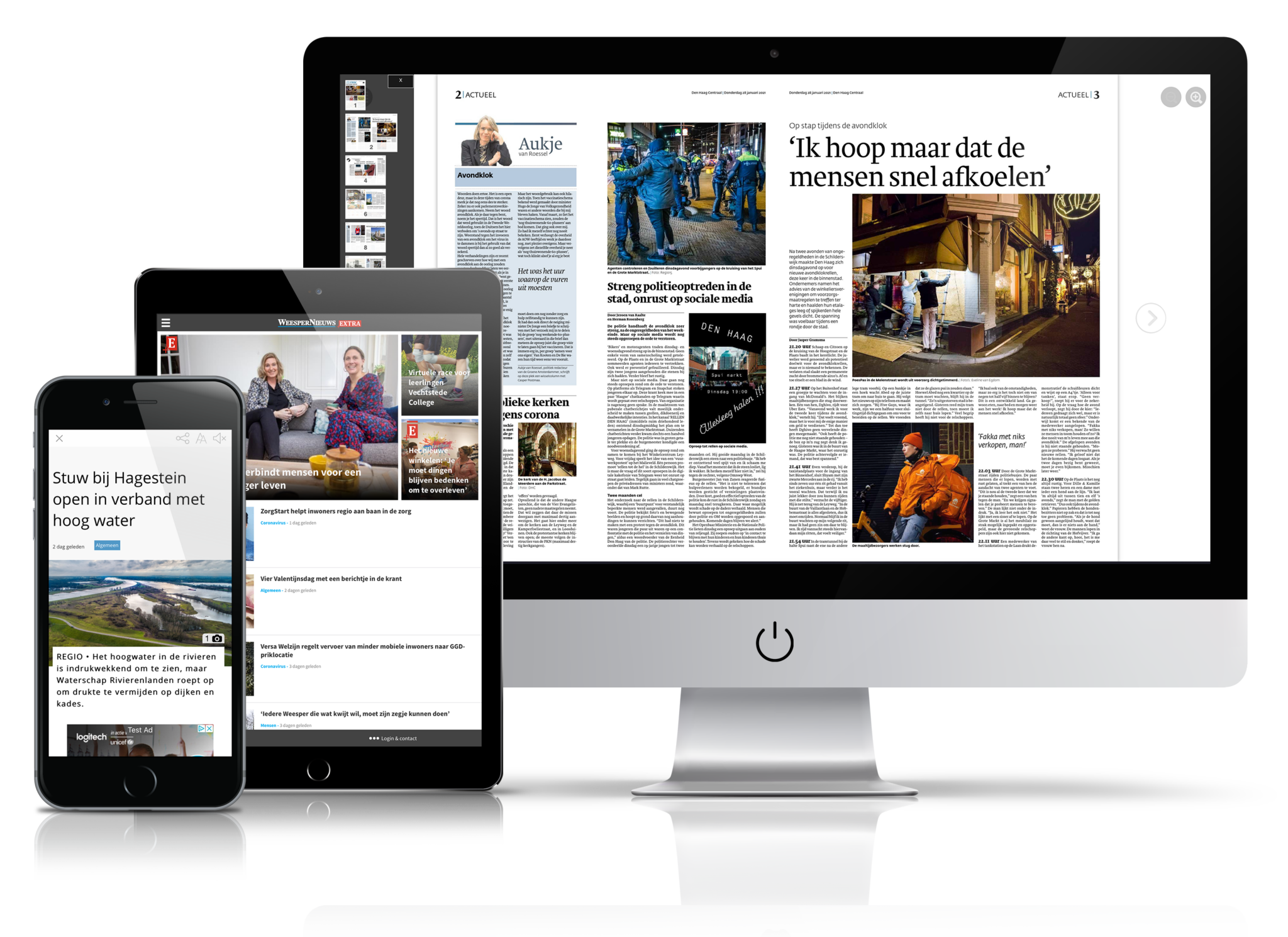Some Ideas on News Websites You Need To Know
Some Ideas on News Websites You Need To Know
Blog Article
The Only Guide to News Websites
Table of ContentsUnknown Facts About News WebsitesAll About News WebsitesSome Ideas on News Websites You Should KnowNews Websites Fundamentals ExplainedGetting The News Websites To Work
It was down in the UK and Brazil yet up a few other countries, such as Greece, Bulgaria, and Poland (News Websites). This year, for the first time, we inquired about the different ways that people avoid the news and found that around half of avoiders (53%) were trying to do so in a broad-brush or periodic way as an example, by shutting off the radio when the information began, or by scrolling past the information in social mediae.g. scrolling past information, changing channels when news begins. of avoiders examine resources much less usually. e.g. restriction to particular times of day, transforming off notices, etc. of avoiders prevent some topics. e.g. topics that lower state of mind or boost stress and anxiety. You said that you try to proactively stay clear of news.

I'm most likely choosing to find out more light-hearted stories than I made use of to currently. M, 51, UK Turning my back on information is the only way I feel I can deal in some cases. I have to knowingly make the effort to avert for the benefit of my very own mental health.
News Websites - An Overview
Selective avoidance of Ukraine information was highest in much of the countries closest to the dispute, enhancing findings from our extra study last year, quickly after the war had started. Our information may not suggest an absence of passion in Ukraine from nearby nations but instead a desire to handle time or shield mental health from the extremely actual scaries of battle.
Comparing Finland with a politically polarised country such as the United States (see following graph) that is much less influenced by the war, we find an extremely various pattern of subject evasion. In the USA, we locate that consumers are much more likely to prevent topics such as nationwide politics and social justice, where discussions over concerns such as sex, sexuality, and race have become highly politicised.
American politics are quite hazardous nowadays. I locate sometimes that I have to detach from stories that simply make me mad. F, 61, USA For some individuals, bitter and disruptive political discussions are a reason to shut off news completely, however, for some political upholders, evasion is usually concerning shutting out viewpoints you do not wish to hear.

More About News Websites
Some are wanting to make information a lot more available for hard-to-reach groups, expanding the news schedule, appointing even more inspiring or favorable news, or welcoming useful or remedies journalism that provide individuals a sense of hope or individual agency. In our study this year, we asked respondents regarding their interest in these different strategies.
This discusses why tales like Ukraine or national politics do well with news regulars however can at the very same time turn less interested customers away (News Websites). Selective avoiders are much less interested in all sorts of information than non-avoiders but in family member terms they why not try this out do appear to be more thinking about favorable or solutions-based news

See This Report about News Websites
2023). This might be true in the moment, yet gradually it seems to be leaving many individuals empty and much less pleased, which may be threatening our link with and count on the information. Throughout markets, overall rely on information (40%) and count on the resources people use themselves (46%) are down by an additionally 2 portion factors this year.
Undoubtedly, through the rear-view mirror, the COVID-19 trust fund bump is clearly noticeable in the complying with graph, though the why not try this out direction of traveling later on has actually been mixed. In many cases (e.g. Finland), the trust fund boost has been kept, while in others the upturn looks even more like a blip in a tale of continued long-term decline.
Several of the highest possible reported degrees of media objection are located in nations with highest degree of question, such as Greece, the Philippines, the USA, France, and the UK. The most affordable levels of media objection are commonly in those with higher levels of trust fund, such as Finland, Norway, Denmark, and Japan.
News Websites Can Be Fun For Everyone
This year we asked respondents about their choices for message, sound and video clip when eating information online. Generally, we discover that the majority still choose to check out the news (57%), as opposed to watch (30%) or listen to it (13%), yet more youthful individuals (under-35s) are most likely to pay attention (17%) than older groups.
Behind the averages we moved here find significant and shocking nation distinctions. In markets with a strong reading practice, such as Finland and the UK, around eight in ten still prefer to review on-line information, but in India and Thailand, around four in ten (40%) claim they like to enjoy news online, and in the Philippines that percentage mores than half (52%).
Report this page